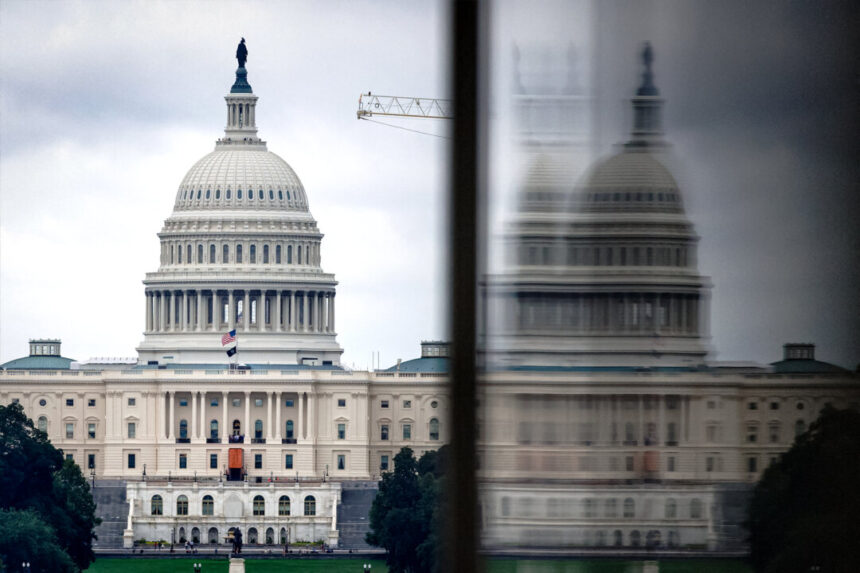The decline in living standards, rising costs, and other economic challenges can be addressed through budget cuts leading to a balanced budget. These cuts would require tough decisions, including reducing and eliminating government agencies. While initially difficult, budget cuts would relieve pressure on the Federal Reserve to monetize debt and slow the flow of funding to foreign central banks. This would stabilize the money supply, reduce inflation, and encourage private investment.
Additionally, budget cuts could foster independence and self-reliance among Americans by reducing political polarization and encouraging individuals to solve their own problems. However, true budget cuts, rather than just slowing the rate of spending growth, have not been implemented since World War II. The current practice of increasing government spending perpetually is unsustainable and has led to inflation.
It is essential for politicians to acknowledge that inflation is a result of government overspending and for the public to support budget cuts. Despite resistance from interest groups benefiting from government spending, it is crucial to start the conversation and take action to address the growing national debt. The public must understand the necessity of budget cuts to avoid the consequences of perpetual debt accumulation. In the realm of government spending, the marginal cost of each expenditure is often distributed across the population in a way that doesn’t incite passionate objections. This concept is known as “concentrated benefits vs. diffuse costs,” making it challenging to make budget cuts. The pressure groups benefiting from current spending have significant resources and lobbying power, enabling them to influence politicians who rely on their support for reelection.
Politicians have little incentive to vote for budget cuts as it may result in lost donations, backlash from interest groups, and negative media coverage. A bipartisan effort to reduce spending is crucial, requiring genuine leadership to garner public support and provide cover for politicians to make necessary cuts.
Although the idea of cutting back on spending may be met with resistance, there are significant benefits to ending the cycle of debt dependency in public policy. It could combat inflation, lower prices, increase affordability of housing and groceries, stimulate investment, and revitalize the industrial sector. While the path to fiscal responsibility may be challenging, it offers a sustainable solution to prevent the ongoing decline of the nation.
Various strategies exist to save America from economic decline, but it will require courage, focus, and persistence to implement them effectively. Achieving a balanced budget with existing or reduced income streams is essential for long-term prosperity.
Please note that the opinions expressed in this article are those of the author and may not align with the views of The Epoch Times. Can you please rephrase this sentence?
Source link




